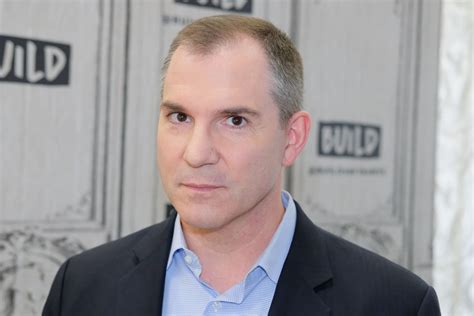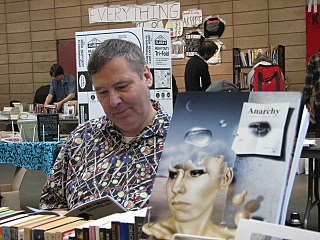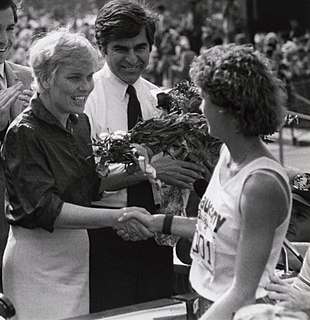A Quote by Herman Kahn
There was no race - but to the extent that there was an arms competition, it was almost entirely on the Soviet side, first to catch up and then to surpass the Americans.
Related Quotes
I certainly wouldn't say that we loved the arms race. Trillions of dollars were used to stoke it. For our economy, which was smaller in size than the American economy, it was a burden. But one cannot agree with the statement that the arms race played the key role in the collapse of the Soviet Union.
We could still have continued the arms race, but the arms race was pointless, and it was another reason we decided to start perestroika. It was senseless to continue to accumulate weapons. We had enough weapons to destroy life on Earth 1,000 times, and therefore it was very clear to us that the arms race could spiral out of control. A conflict could have started, as both the Americans and the Soviets realized, not out of a wrong political decision but because of a failure in the command-and-control systems.
We still write too many stories that are "state of the race" stories that are informed almost solely by what the polling shows and by what we're then deducing about who's up, who's down, and I'm just not sure that's very helpful to readers, it certainly doesn't elevate the debate and, and the problem is if you, if you cover these things, and I don't think the Times is particularly culpable, I think other news organizations are worse, if you cover them in an entirely "who's up, who's down" horse race way.
Unlike side issues like unemployment, unions, and minimum-wage laws, the subject of work itself is almost entirely absent from libertarian literature. Most of what little there is consists of Randite rantings against parasites, barely distinguishable from the invective inflicted on dissidents by the Soviet press.
Human nature being what it is, peace must inevitably be a relative condition. The essence of life is struggle and competition, and to that extent perfect peace is an almost meaningless abstraction. Struggle and competition are stimulating, but when they degenerate into conflict it is usually both destructive and disruptive. The aim of political institutions like the United Nations is to draw the line between struggle and conflict and to make it possible for nations to stay on the right side of that line.
We have the misconception that competitiveness means winning at all costs, but that's not what competition is. Competition is just doing your best and not giving up. We all face a moment in a race or in a competition in which we want to give up. We can either give in and not keep pushing, or we can charge forward and work through it.



































